
Chess is played everyday around the world and brings people of different cultures and backgrounds together. Let's take a look at the top 10 benefits of learning and playing chess!
- Chess brings people together.
- Chess teaches you how to win and lose.
- Chess helps children.
- Chess can help you focus.
- Chess as an educational tool.
- Chess develops creativity.
- Chess builds confidence.
- Chess and problem-solving.
- Chess exercises the brain.
- Chess and being calm.
1. Chess has the power to bring people together.
Chess is one of the oldest games in the world dating back over 1500 years. The game of chess has evolved as it spread around the globe to the game we play today. As a result, this journey has brought people together from different cultures, ages, and backgrounds over a common bond and passion for the game.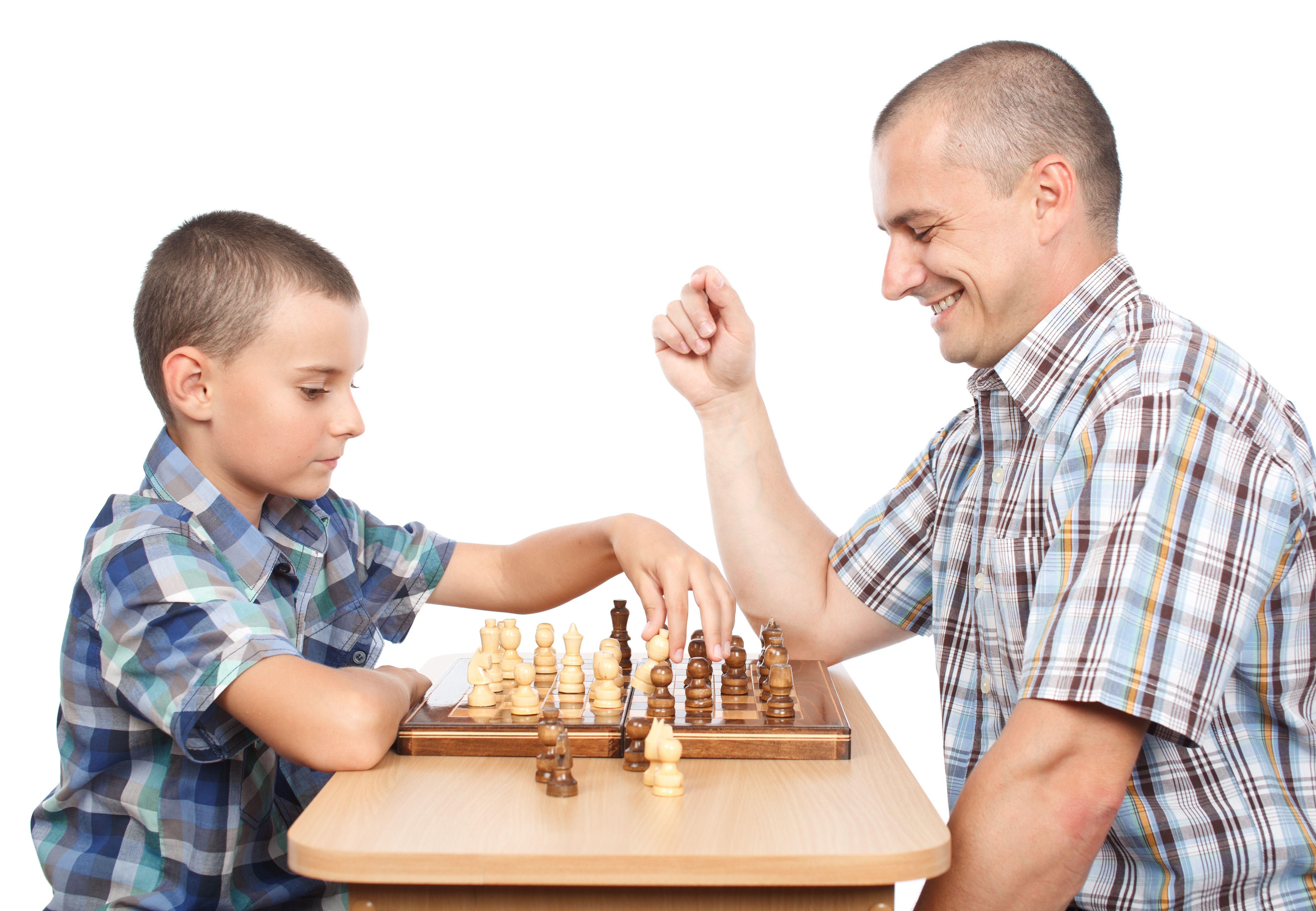
2. Chess teaches you how to win and lose.
Of course everyone likes to win, but it is just important to learn how to accept losing. As the saying goes—sometimes you give the lesson, and sometimes you receive the lesson! Most important, try to learn from those losses and come back a better player. Just as in life, we need to get back up when confronted with failure and come back stronger and wiser. Winning with grace is an important character trait that chess can teach a person.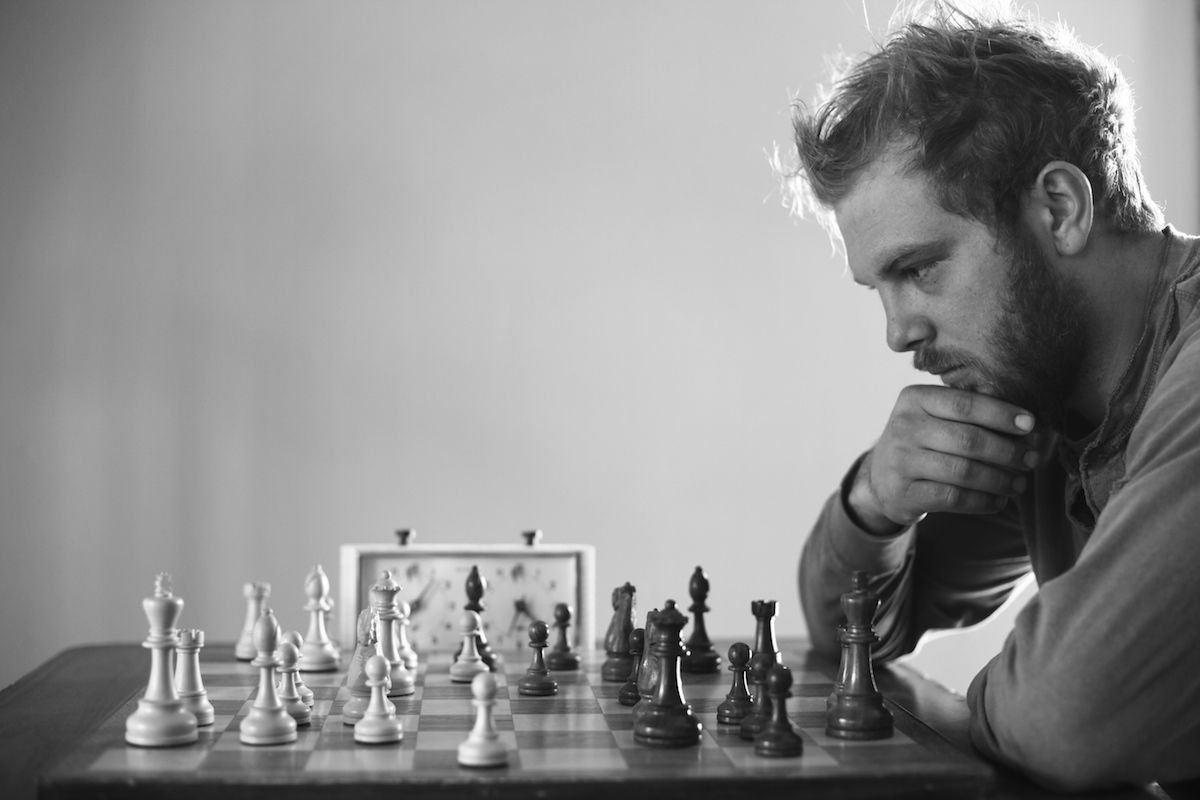
3. Chess helps children realize the consequence of their actions.
The scholastic chess boom around the world has been on a steady rise over the last decade. More important than these children becoming great chess players or getting high ratings is that chess teaches children from an early age that their choices have consequences both good and bad. Thinking your moves through and trying to play the best move that you can is rewarding, while playing too quickly, and rushing your decisions can have negative repercussions.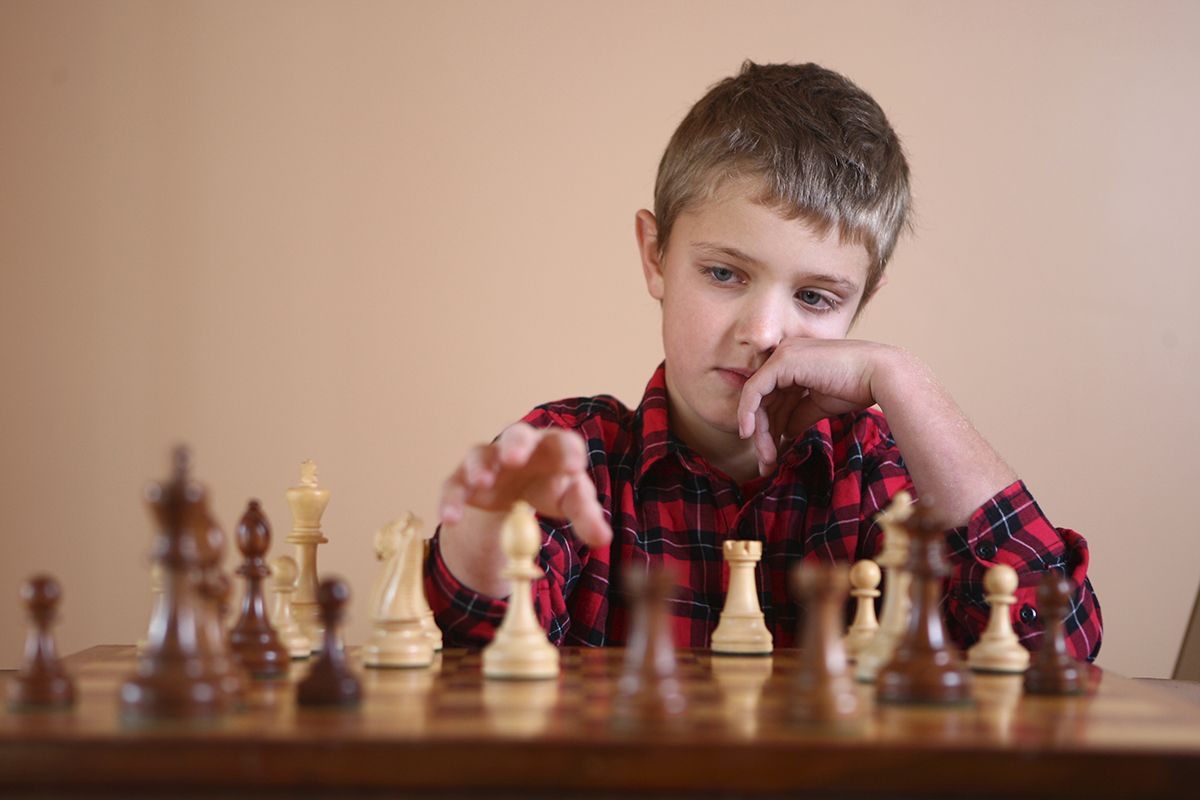
4. Chess helps you focus.
As Bobby Fischer said, "Chess demands total concentration." A chess player can make moves like a grandmaster for 30 moves and then get distracted on move 31 and make an elementary blunder that loses the game! This intense focus is useful in everyday life when confronted with school assignments, daily tasks, and deadlines.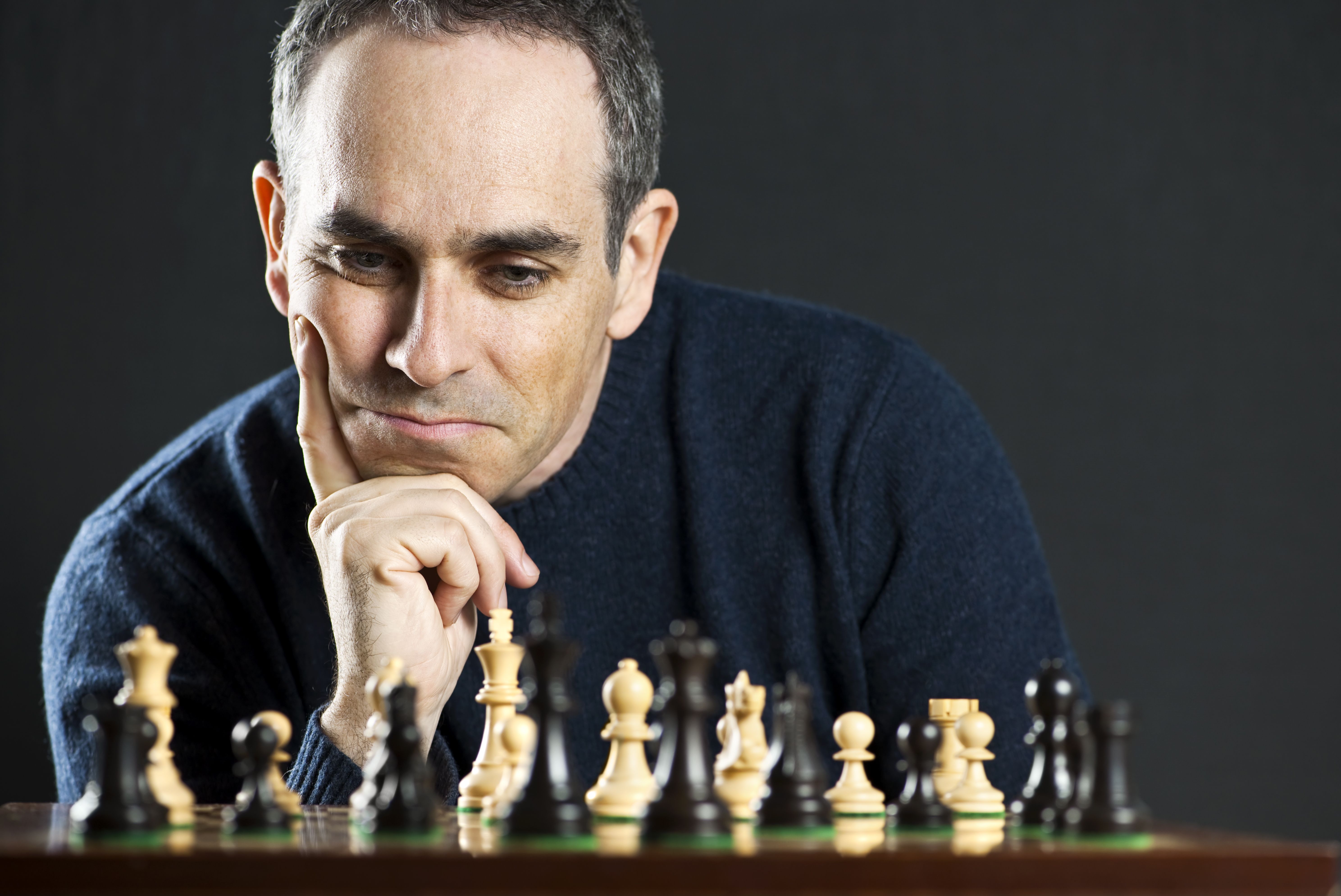
5. Chess is a great educational tool for schools.
Before, during, and after-school programs are extremely popular and for good reason. Chess is a low cost activity for children to become involved with right at their own school. Children of different ages, backgrounds, and special needs can all take part in a chess class or club.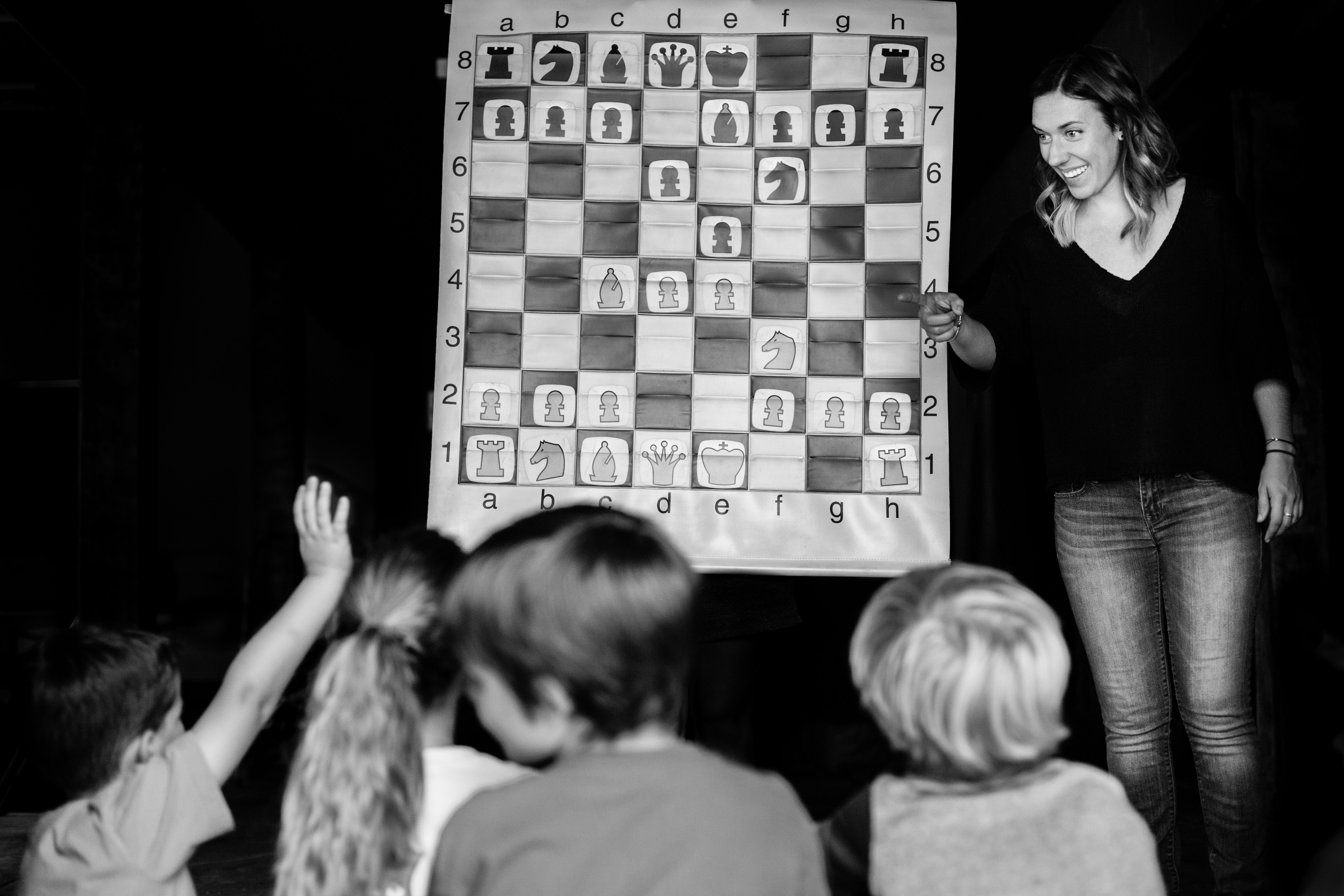
6. Chess helps to develop creativity.
They say a persons' personality comes out in their chess game. A shy and passive person might play more reservedly while an outgoing and social person might be a bold attacker. The wonderful part of chess is that there is room for everyone's styles and personalities. In your own personal way, you can show your creativity in the type of moves, plans, and tactics that you come up with at the board.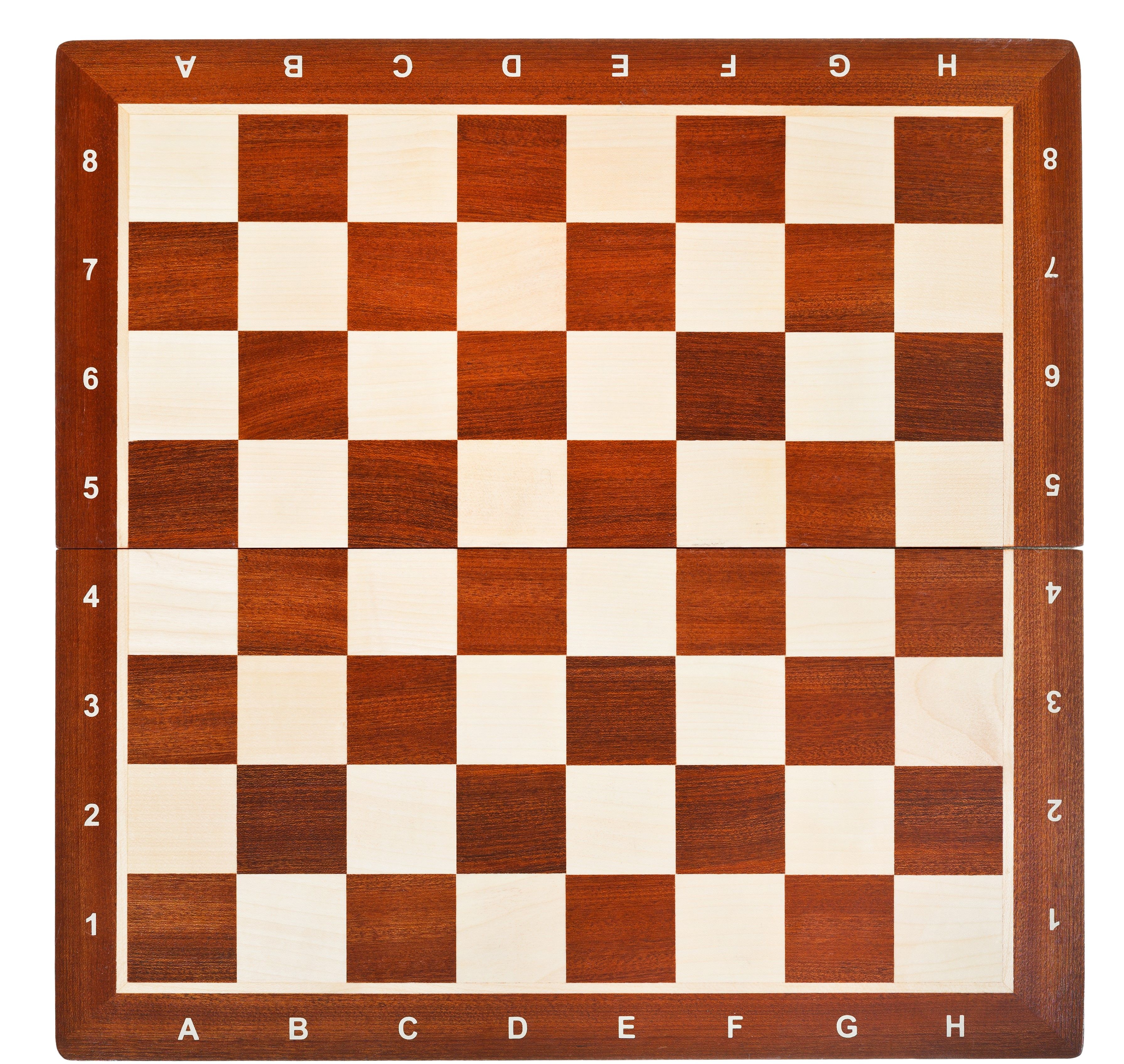
7. Chess as a confidence builder.
Chess is all you - you put in the time studying, you put in the time competing in tournaments, you spend the time analyzing your losses and finding your weaknesses. With all this work a sense of confidence is developed. Even working through a tough period where you plateau in your chess development can help you build resilience and confidence.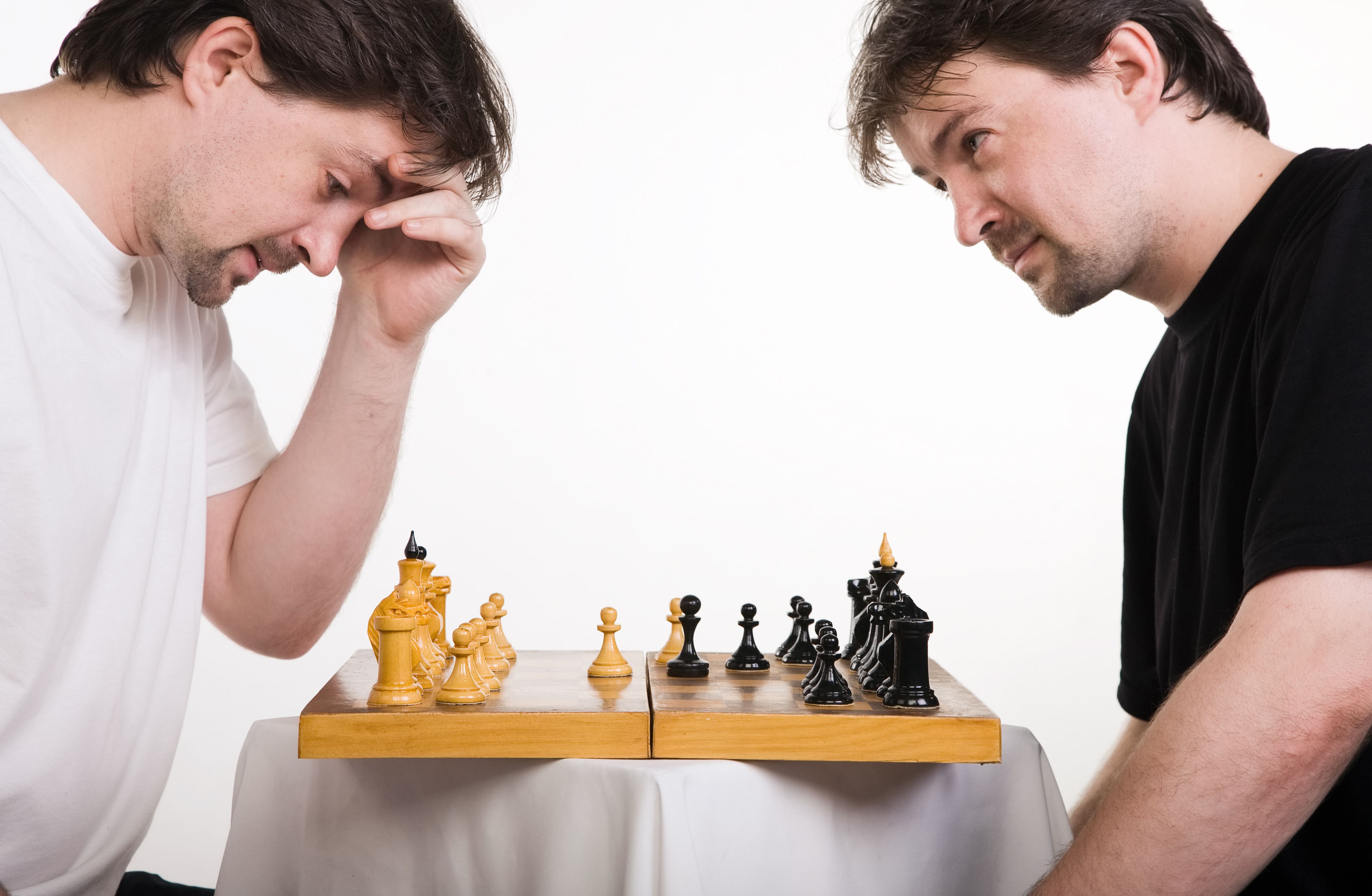
8. Chess helps develop problem-solving skills.
In every chess game, you play you are faced with challenges and problems that you have to solve in order to play your best game. Chess can help you to think ahead, not rush your decisions, and weigh the pluses and minuses of your choices. The correlates to challenges we face in everyday life, and just as in chess, we try to make the best choices to develop positive outcomes for our lives.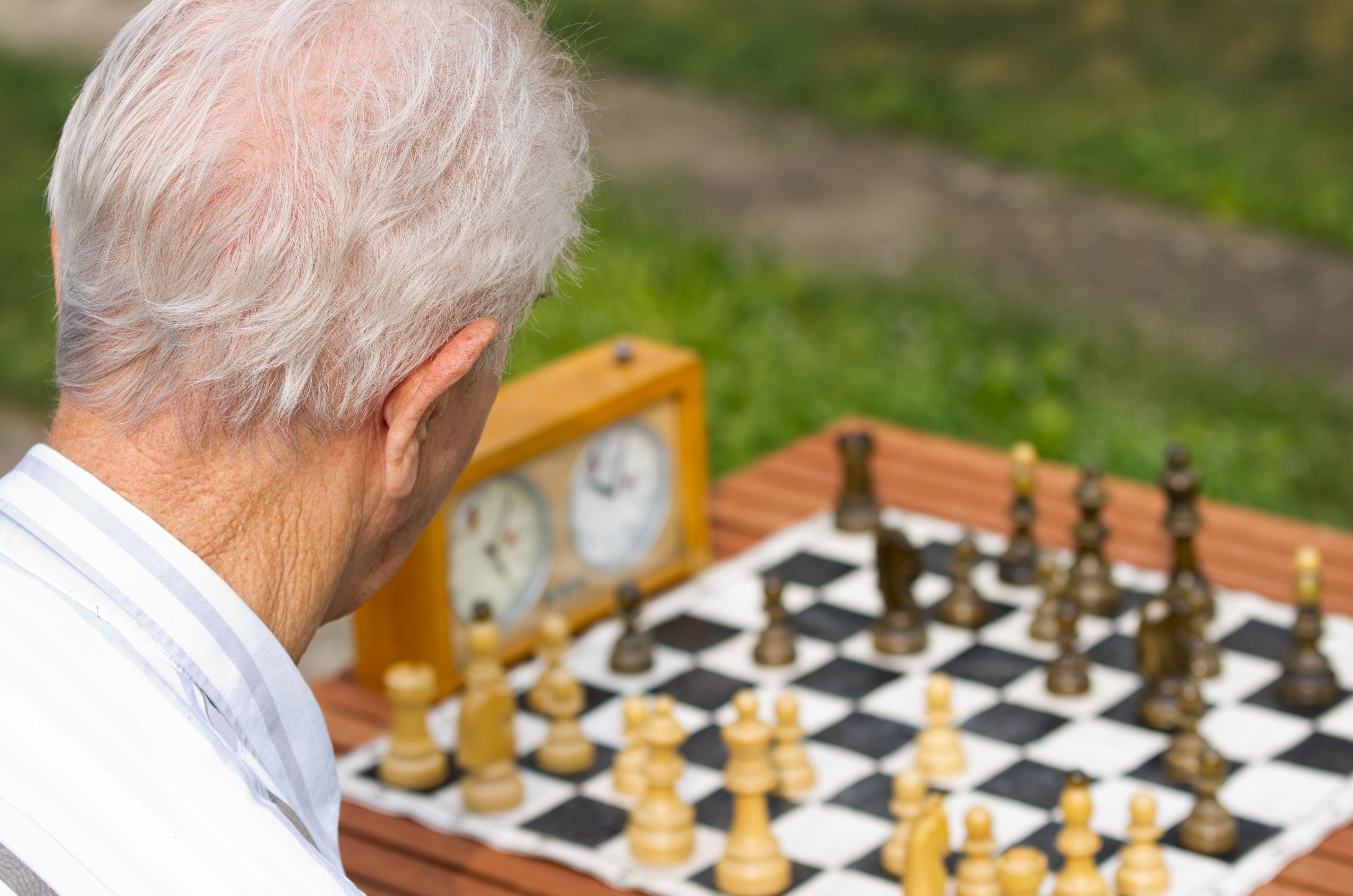
9. Chess exercises both sides of the brain.
When playing chess, your brain will be challenged to exercise logic, develop pattern-recognition, make decisions both visually and analytically, and test your memory. Chess can be enjoyed by any age—as a result, these brain exercises can be part of the health of your brain for your entire life! An active brain is a healthy brain!
10. Chess helps you learn how to be calm under pressure.
An intense game of chess where you have given everything, your time is running low, and you still have to make critical decisions to bring the point home teaches us to remain calm under pressure. You have be intensely focused, while at the same time remaining calm so that your brain can work to its maximum. We are all faced with deadlines, presentations, interviews, and tests throughout our life, just as in a chess game, we have to remain confident and calm to perform our best.

